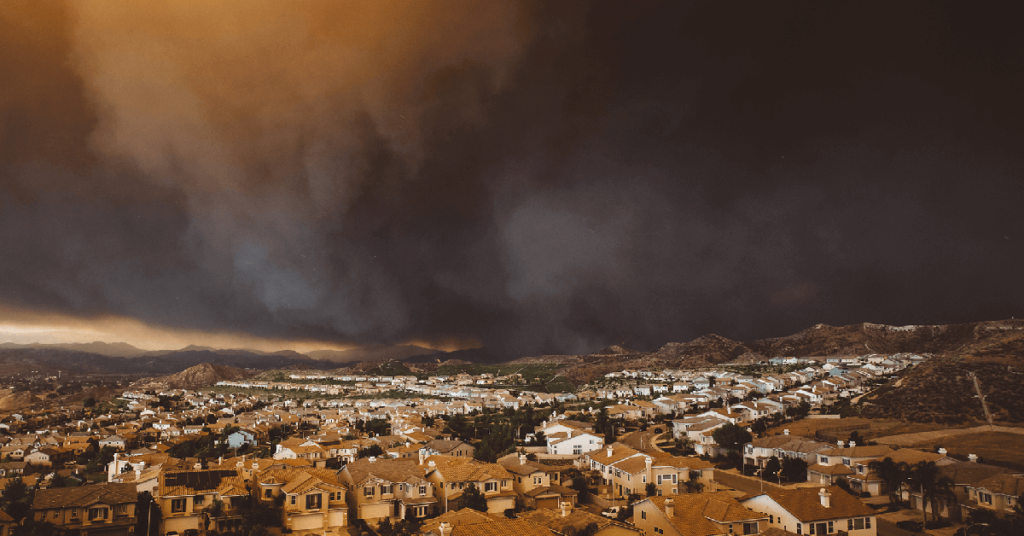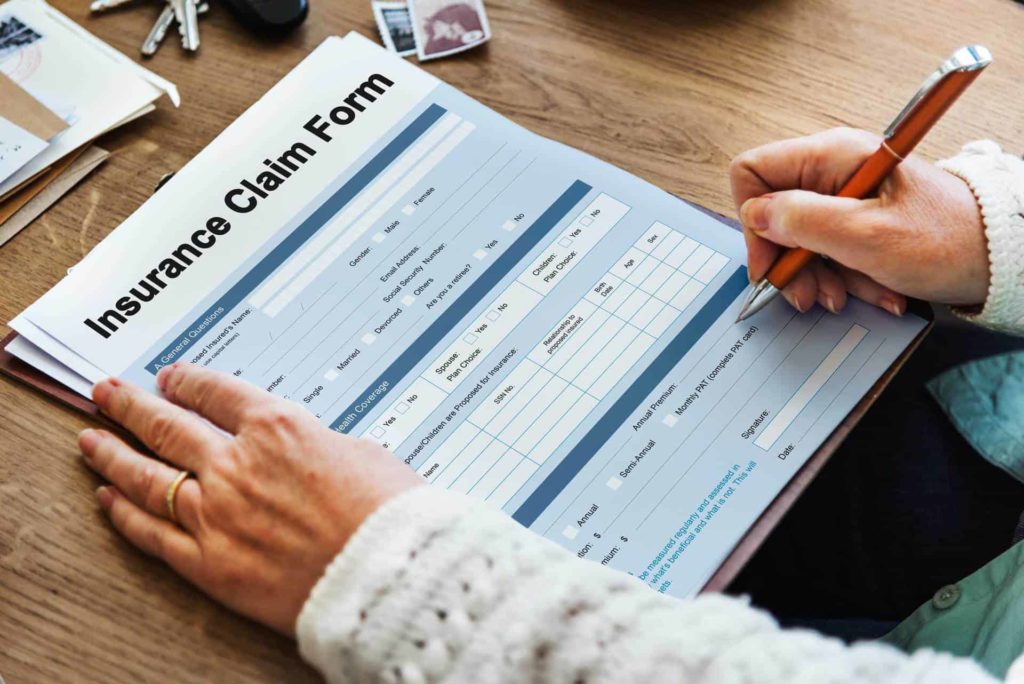Yosemite’s devastating Mill Fire is a reminder of the importance of having an emergency plan in the event of mandatory or forced evacuation orders from civil authorities. The threat of wildfires, hurricanes, rising floodwaters, and other calamities often leads regulatory agencies to impose mandatory orders on homeowners and businesses while there is still time to evacuate.
Wildfire season is a sobering reminder for insureds, consumers, and business owners to be familiar with the specific details of their policies. Many homeowner policies provide coverage for forced evacuations under certain conditions. Business or commercial policies also tend to have coverage for financial or income losses when a civil authority prohibits access to the business premises. A professional public adjuster is an important partner in evaluating your options and taking the necessary steps to ensure proper reimbursement of covered expenses.

For homeowner policies, most insurance contracts include language that allows for coverage of “Additional Living Expenses” (ALE) or “Fair Rental Value” (FRV) when a civil authority has prohibited use of a “residence premises” as a result of direct physical damage to neighboring properties. A neighboring property is defined as a premises in sufficient proximity to your residence whose active fire presents a reasonable risk of endangering your premises or the safety of the occupants.
For affected homeowners, coverage typically extends up to a certain period, generally ranging from fourteen to thirty days. Under the mandatory evacuation or civil authority provisions, an insurer is generally obligated to pay insureds under the ALE standards for any reasonable increase in living expenses incurred in order to maintain the household’s usual standard of living. Similarly, the FRV coverage is triggered if a rented property is no longer accessible due to a civil authority order. If you are unable to use your home or rental property because of a mandatory evacuation, these coverages apply. Additionally, some insurers may permit policyholders to make claims under this coverage even if they are not located next to neighboring premises that are being directly damaged by a covered loss.
If an evacuation is ordered, it is advisable to follow the mandate by first getting you and your family, loved ones, and pets to a safe place. While separated from your residence, be sure to save all receipts for hotel, lodging, meals and mileage, as well as maintain your leases and abeyance of rents, or evidence of other costs during the civil authority evacuation period. These will be needed when it comes time to file a claim. Once the order has been lifted, notify your insurer about your claim promptly.
Under most business policies or commercial coverage forms, an insurer will be responsible for the actual loss of Business Income (“BI”) an insured sustains along with any Extra Expenses (“EE”) resulting from prohibited access to the insured’s premises due to direct physical loss of neighboring properties.
BI generally means (1) net income or loss (before income taxes) that would have been earned and (2) continuing normal operating expenses incurred, including payroll, less (3) any saved expenses. EE, on the other hand, means those necessary expenses one incurs during the period of restoration that would not have been incurred without direct physical damage from a covered loss. The EE is normally intended to offset or minimize the suspension of operations or reduce the BI loss.
For business owners or commercial enterprises, the coverage for BI under the civil authority provisions begin at a certain period after the civil authority order is issued, typically 72 hours, and may apply up to another period, often three consecutive weeks, after the coverage begins. EE coverage usually starts immediately after the civil authority order begins and ends at a definitive period, often three weeks, after the order or when the BI coverage ends, whichever is later.
The civil authority provision takes affect when the order is issued under threat of potential loss. Often, deductibles are not applied to this coverage as the intent is to offset losses when the actual property is not destroyed. However, insurers are also able to cap their exposure to a defined time period thereby limiting their damages. It is important to understand the coverages available under your policies as the initial steps in the claims process will impact your overall recovery.
Civil authority losses apply to homeowners, small businesses, manufacturing facilities, service enterprises, rental facilities, and a variety of commercial operations. You should carefully review your policy with an expert to understand the implications and shortfalls of this provisions. Retaining an experienced advocate, such as SunPoint Public Adjusters, Inc., to navigate you through the minefield of claims issues is suggested.

SunPoint Public Adjusters, Inc. Advocates Only for the Insured’s Benefit
SunPoint Public Adjusters, Inc. (“SunPoint”) is the “Gold Standard” of the Public Adjusting industry. We comprehensively review and evaluate your insurance settlement, immediately deploy a team of specialists to assess and quantify your damages, and customize a strategy around your personal recovery to promptly and properly maximize the resolution of your claim.
Our in-house experts and external veteran professionals are experienced in quantifying and negotiating building, personal property, inventory, or other additional coverages. We work solely on your behalf to favorably resolve your claim. Our team ensures your insurance company does not delay, diminish, or deny benefits that are rightfully owed to you. Industry authorities agree that having a public adjuster like SunPoint on your side early in the process expedites and maximizes your recovery.
Policyholders have been benefiting from our knowledge and advocacy for decades. We have handled, managed, and successfully navigated claims ranging from homeowner losses; corporate losses in the hundreds of millions of dollars; disaster losses involving government entities and entire municipalities; agricultural and recall losses, and virtually any type of disaster claim that could be imagined.
Our team of Public Adjusters, building cost consultants, inventory specialists, forensic accountants, and equipment consultants are unmatched in our industry. It is easy to be big. But it takes dedication every day to be the best – we have that dedication. Our goal is aligned with yours. To obtain a free insurance settlement assessment of your specific circumstances and recovery please contact us and strategize your optimal means of recovery.

